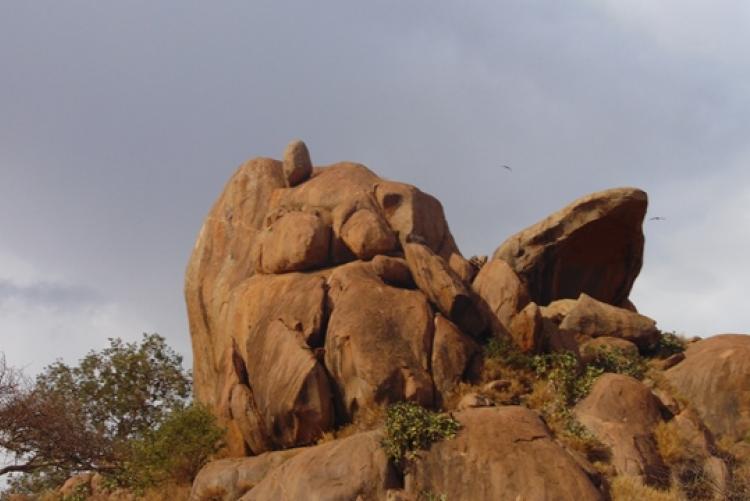Geomorphology
Geomorphology is the study of landforms, the processes that create them and impact of humans on the physical environment. The discipline is considered to be part of physical geography and closely related to geology since both share the prefix “geo”, a Greek word for “earth”, and for a long time was a department in the “schools or faculties of Earth Sciences”. The study includes origin of the earth, evolution of landforms and internal and external factors that govern land formation. The discipline was originally descriptive and fragmented. Recently the discipline has placed emphasis on measurement of processes, has developed rigorous data analysis and modeling. It is no wonder that many people perceive geomorphology as the study of rocks, Prof. Krhoda contends, because history of life on earth is embedded in a rock. Students of geomorphology usually have an appreciation of the environment and impact of man and therefore have a very solid base in environmental planning and management, natural resources management, especially water resources, and geographical research. Many students also end up teaching geography in schools and colleges.
HEAD OF THEMATIC AREA

MEMBERS OF THEMATIC AREA

\RESEARCH PROJECTS & CONSULTANCIES
- Joint Transboundary Management of Lakes Chala - Jipe and Umba River Ecosystem Program, Lake Victoria Basin Commission, Kisumu
- Mainstreaming of Climate Change Adaptation Policies into the Institutional Framework and Into Core Development Policy, Strategies and Plans
- Environmental and Social Impact Assessment for the Akiira One Geothermal Power Development at Mount Margaret/Mlima Panya in the Rift Valley, Kenya
NEWS, EVENTS & OUTREACH ACTIVITIES
PHOTO GALLERY

